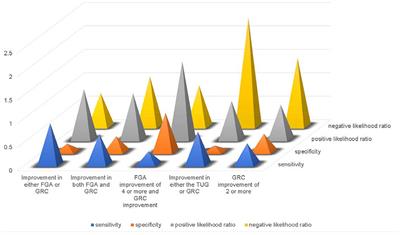EDITORIAL
Published on 15 Sep 2022
Editorial: Toward a better understanding of the pathophysiology and clinical management of idiopathic normal pressure hydrocephalus
doi 10.3389/fneur.2022.1013720
- 869 views
- 1 citation
12k
Total downloads
56k
Total views and downloads
EDITORIAL
Published on 15 Sep 2022
MINI REVIEW
Published on 20 Jul 2022
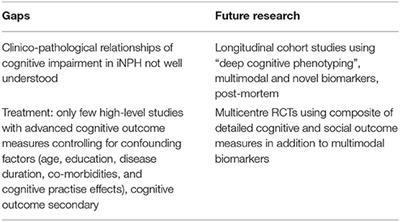
ORIGINAL RESEARCH
Published on 12 Jul 2022
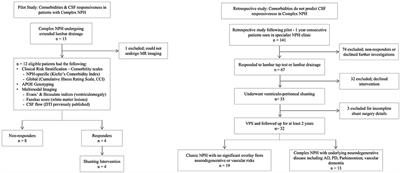
ORIGINAL RESEARCH
Published on 06 Jul 2022
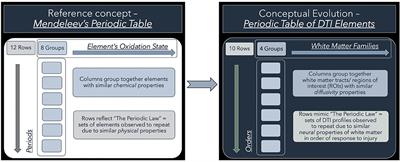
ORIGINAL RESEARCH
Published on 27 May 2022
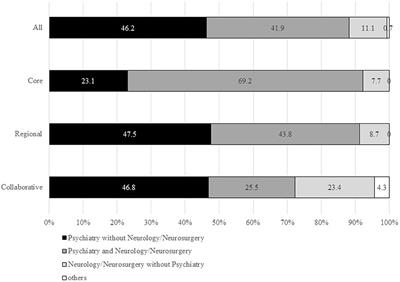
ORIGINAL RESEARCH
Published on 23 May 2022
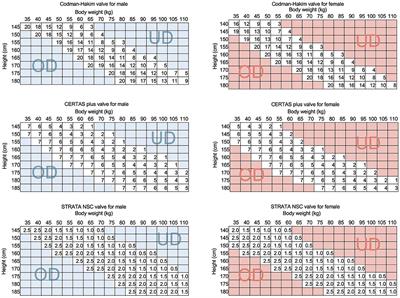
ORIGINAL RESEARCH
Published on 23 May 2022
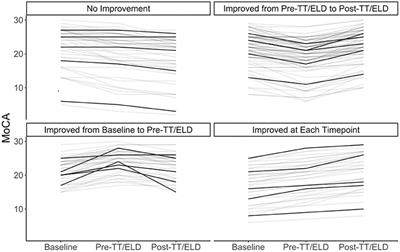
ORIGINAL RESEARCH
Published on 11 Apr 2022
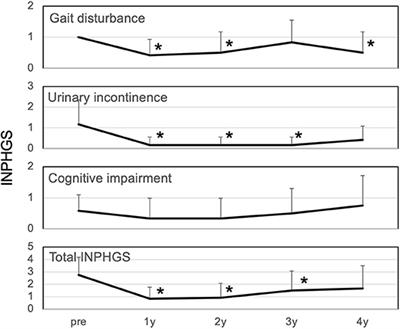
ORIGINAL RESEARCH
Published on 07 Apr 2022
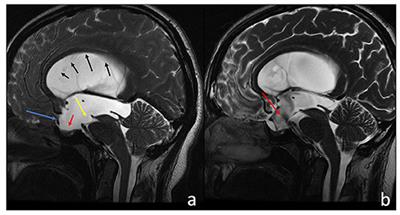
ORIGINAL RESEARCH
Published on 06 Apr 2022
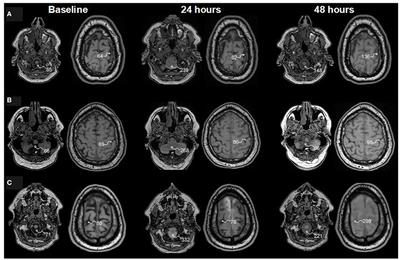
ORIGINAL RESEARCH
Published on 28 Mar 2022
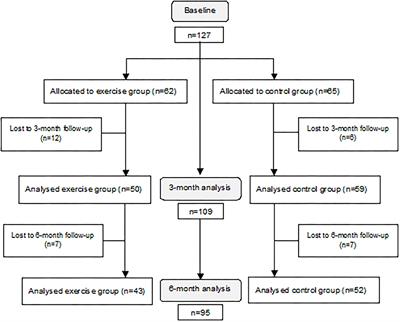
ORIGINAL RESEARCH
Published on 28 Mar 2022
